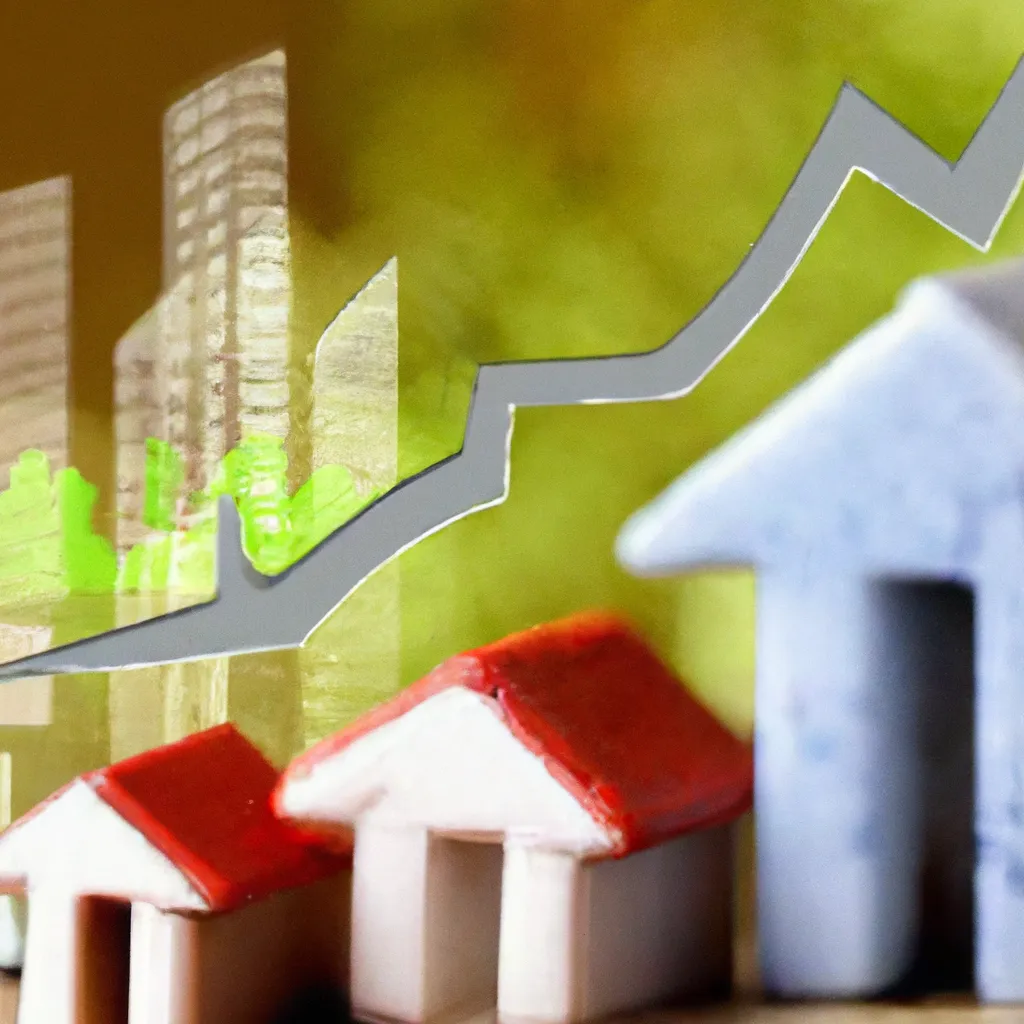Is the housing market about to collapse? | Bankrate

Home prices continue to skyrocket, irritating potential buyers. Nothing seems to be able to stop them from rising, not even the highest mortgage interest rates in nearly 23 years. Prices rose again in August, according to the latest S&P home price index
Another indication of continued growth is data from the National Association of Realtors (NAR) showing that the median home price rose more than 3 percent in October from a year ago - the fourth consecutive month of year-over-year increases. Gone is the hope that the "housing bust" will reduce the unrealistically large price excesses in housing. The U.S. real estate market finally started to slow down at the end of 2022, and it looked like home prices were ready to correct. But a strange thing happened - housing values started to rise again. The housing slump is almost over.
Data from NAR
data show that median sales prices for existing homes are near historic highs. The median price in October 2023 was $391,800, down from the all-time high of $413,800, but the highest value ever recorded for October. The threat to high mortgage rates has been the lack of housing supply. Inventories remain precipitously tight, with NAR data for October showing only a 3.6-month supply.
"You're not going to see a decline in home prices," said Rick Arvielo, head of mortgage company New American Funding. "There's just not enough supply." Zillow chief economist Skylar Olsen, Zillow's chief economist, agrees on the supply-demand disequilibrium. Its latest forecast says home prices will continue to rise through 2024 - good news for sellers, but not so great for buyers looking to become homeowners.
5 May 2025
13 May 2025


In fact, quite the opposite. According to Realtor.com's October 2023 Real Estate Market Report, high mortgage rates have led to a 7.4 percent increase in monthly financing costs for a typical home (assuming a 20 percent down payment) compared to last year. That means a buyer comparing prices in October to last year would have to pay $166 more per month. Based on all of this, housing economists and analysts agree that any market adjustment is likely to be minor. No one expects prices to fall on the same scale as they did during the Great Recession. No. There are still more buyers than sellers, which means significant price reductions are impossible.
"There's just not enough supply," said Mark Fleming, chief economist at insurance company First American Financial Corporation. "There are more people than there is supply in the housing market. It's basic economics." Dave Liniger, founder of real estate brokerage RE/MAX, says the sharp rise in mortgage interest rates has distorted the market. Many potential buyers have been waiting for rates to drop, but if they do drop, new buyers could rush into the market, driving up home prices. "We have a whole generation of people with a backlog of demand," Liniger says. "We are in an exciting position with gigantic demand and lack of supply. When rates start to fall, it will be another boom and bust cycle.".
Comment
Popular Posts
Popular Offers

Subscribe to the newsletter from Hatamatata.com!
Subscribe to the newsletter from Hatamatata.com!
I agree to the processing of personal data and confidentiality rules of Hatamatata







